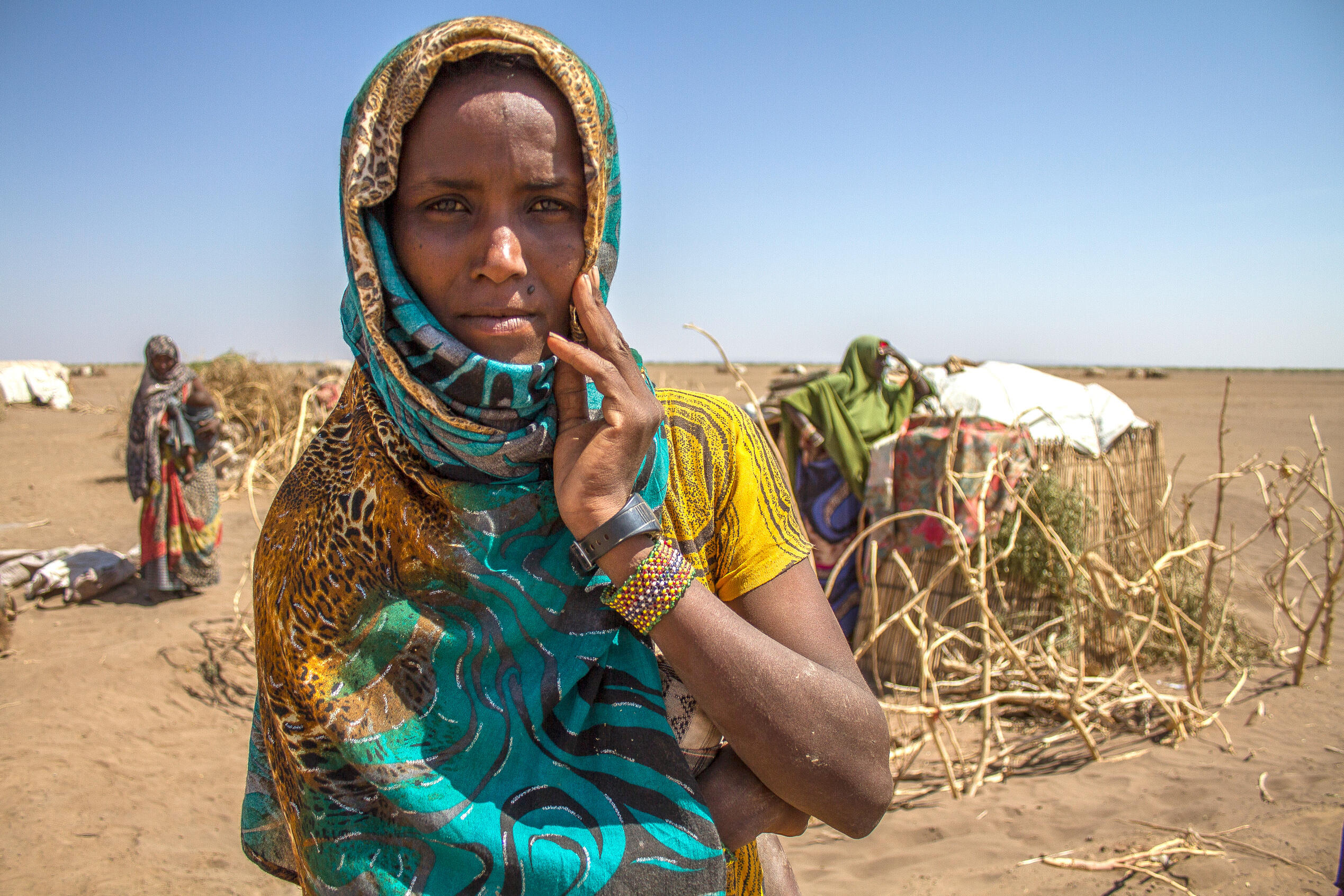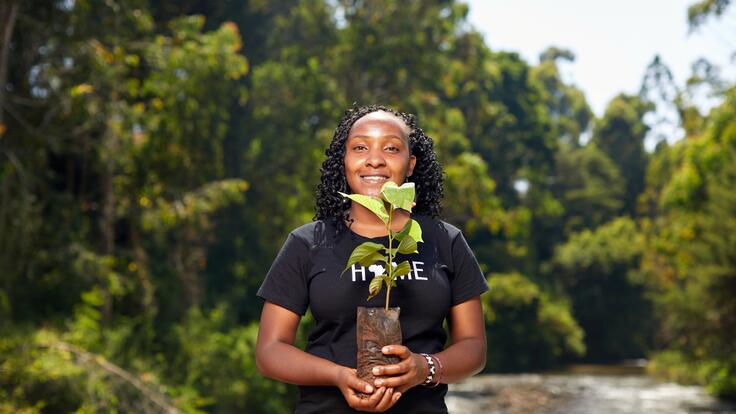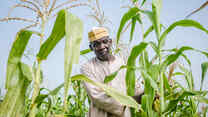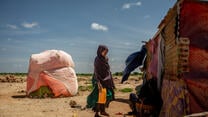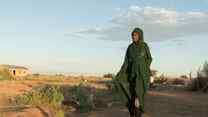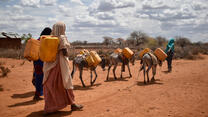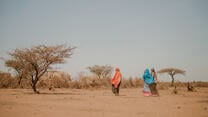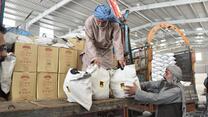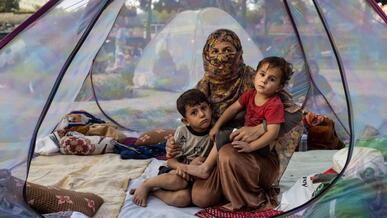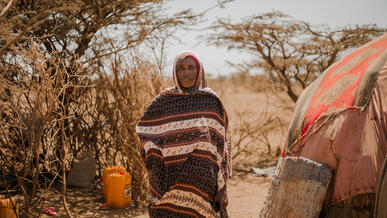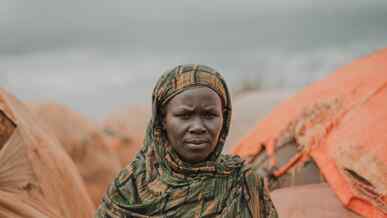Climate change is not a problem we can leave for future generations to solve. The catastrophic consequences of climate change are already here as more frequent and intense natural disasters and extreme weather destroy livelihoods, intensify violent conflicts, and uproot people from their homes.
Climate change refers to the warming of the Earth by more than two degrees Fahrenheit since the late 1800s. There is overwhelming evidence that this warming is caused by human activity, particularly the increased burning of fossil fuels such as coal, gas and oil, which releases greenhouse gases into the atmosphere.
The Earth’s temperature could continue to rise by as much as 10 degrees Fahrenheit over the next century, warn the scientists who make up the Intergovernmental Panel on Climate Change (IPCC).
Global warming makes extreme weather—such as heat waves, droughts, and hurricanes—more frequent and more intense. Rainy or dry seasons may become less predictable, farmland may be transformed into desert, and rising sea levels may inundate communities.
Rising temperatures and changing rainfall patterns are also likely to exacerbate the spread of disease.
Learn more in our climate change explainer.
Climate change has the biggest impact on people already living in crisis. The extreme weather events sparked by climate change combine with existing conflicts or other humanitarian emergencies to make life even more difficult for those in crisis-affected communities.
For example, as Afghanistan continues to grapple with decades of conflict and economic turmoil, over a million people remain displaced due to natural disasters.
And whenever a crisis strikes, women and girls suffer disproportionately: Climate-related crises are no exception.
Read more about how climate change drives humanitarian crises.
The IRC helps communities respond to the changing climate by mapping climate hazards and developing early warning systems, supporting local efforts to manage natural resources and conserve water, and training people in sustainable livelihoods. Throughout all this work, we put the needs of women and girls at the centre of our programmes.
We also partner with other organisations to advocate for policy changes to drastically reduce greenhouse gas emissions and lessen the effects of climate change on people with the least power and fewest resources.
In addition, the ambitious IRC climate action plan has set us on a course to change how we work in order to reduce our own carbon footprint.
Urge your elected officials to commit to tackling climate change, keeping in mind people in the poorest countries, who will suffer disproportionately. Many people in these countries are uprooted from their homes and farmlands, and vast regions face famine because of climate change. The climate crisis can also mean that the risk of armed conflict over resources increases.
World leaders must do more and work faster to reach their countries’ climate goals, reduce carbon emissions, and contribute toward restoring nature in line with the Paris Agreement goals.
